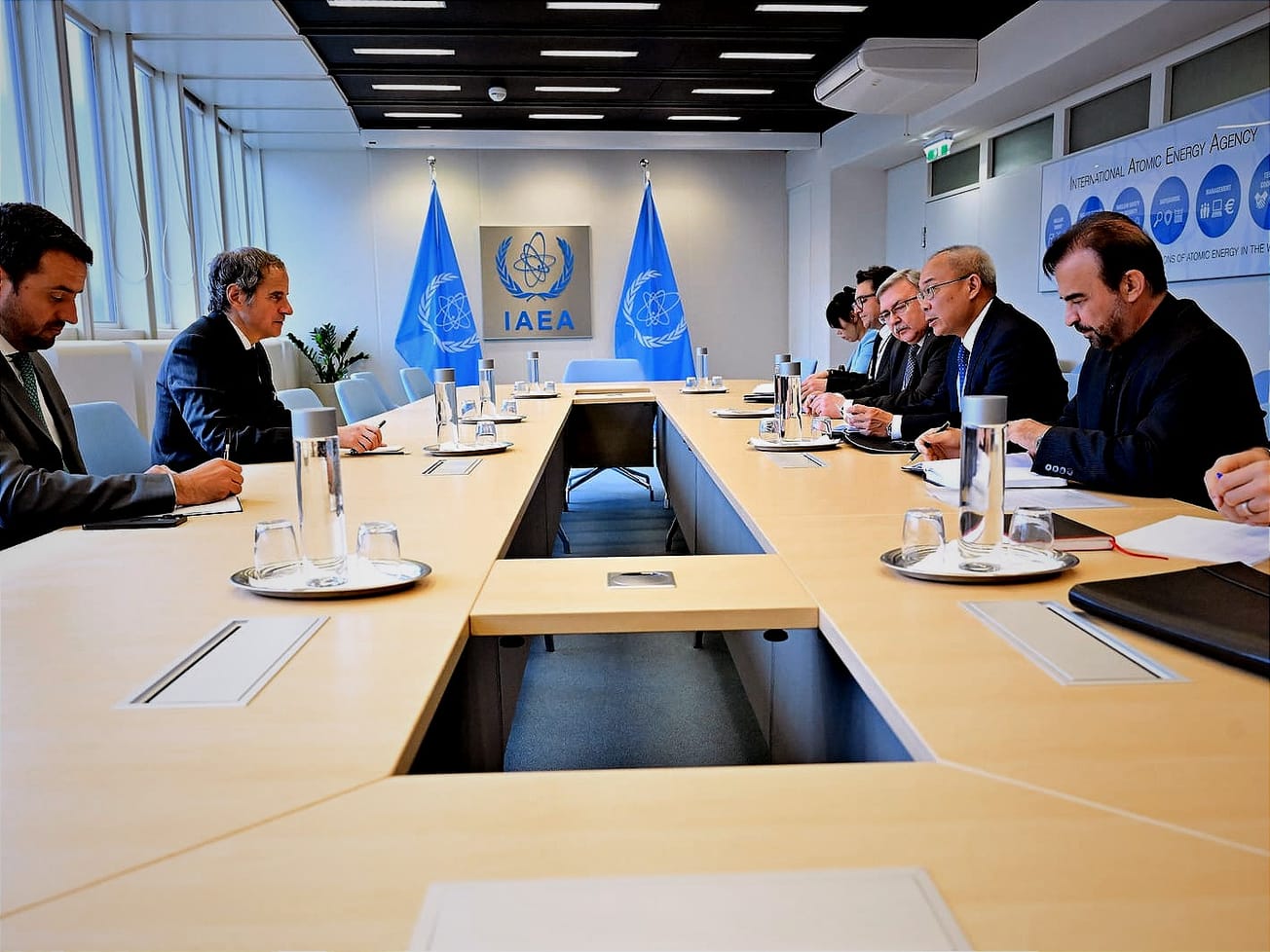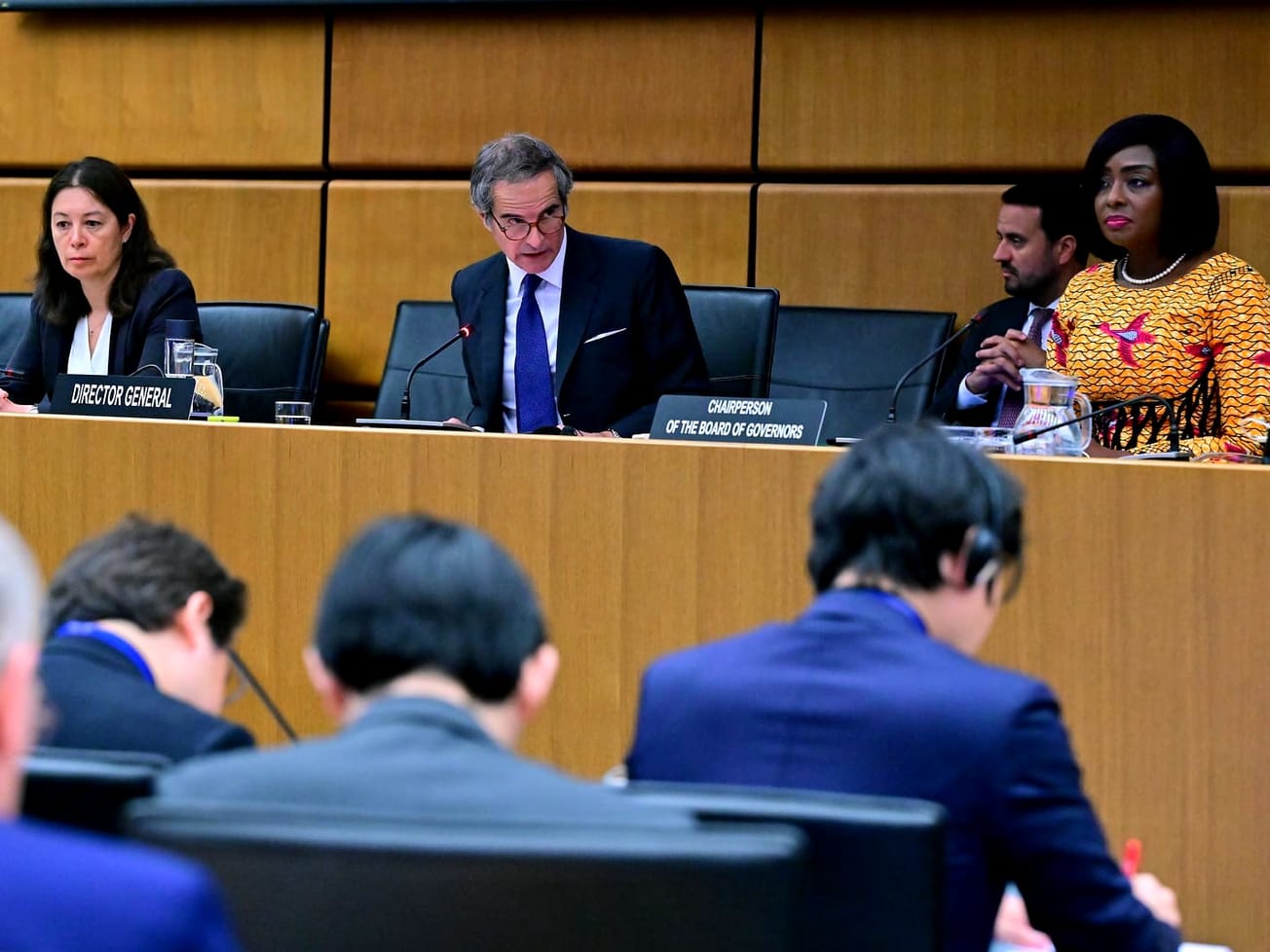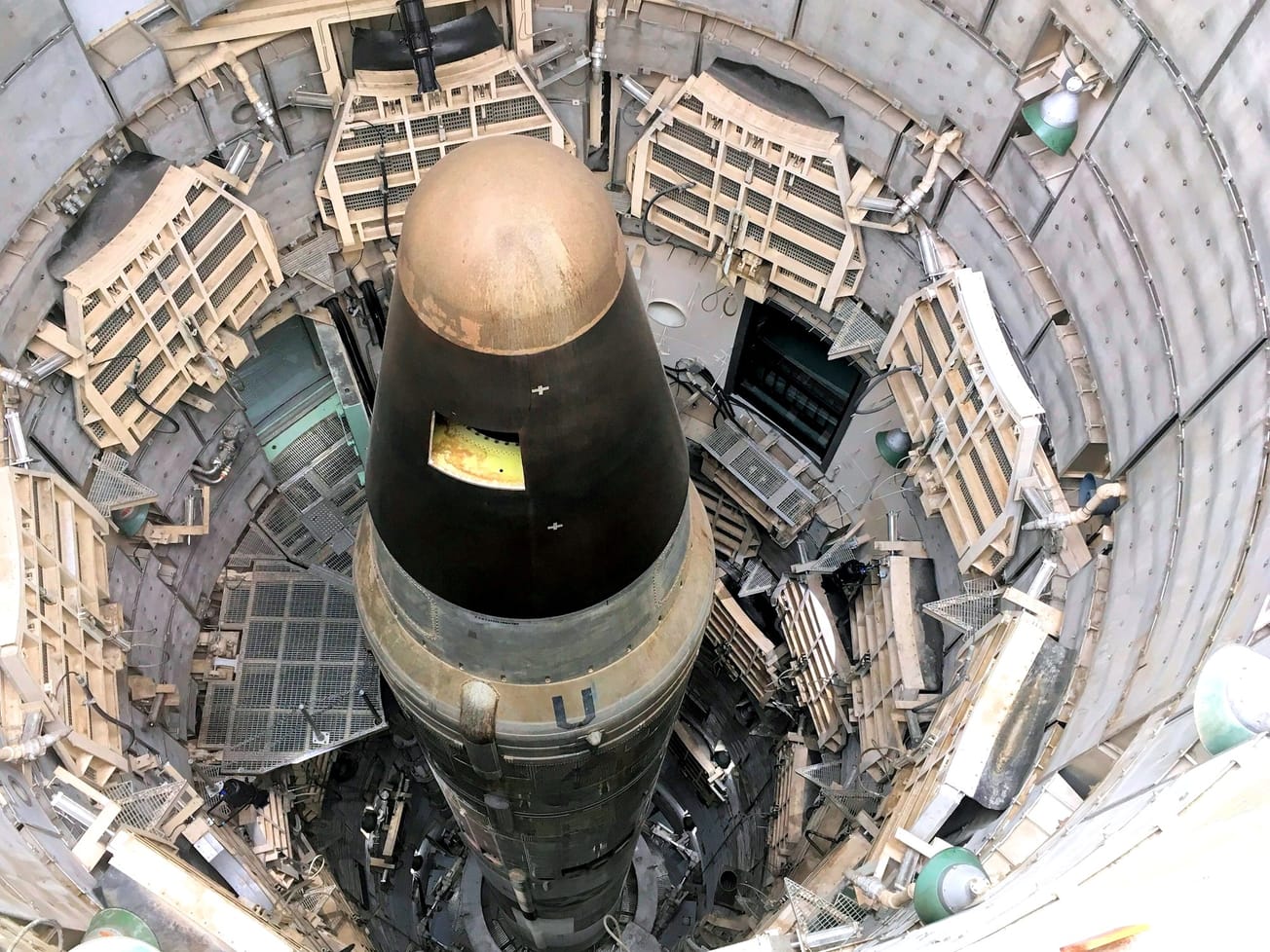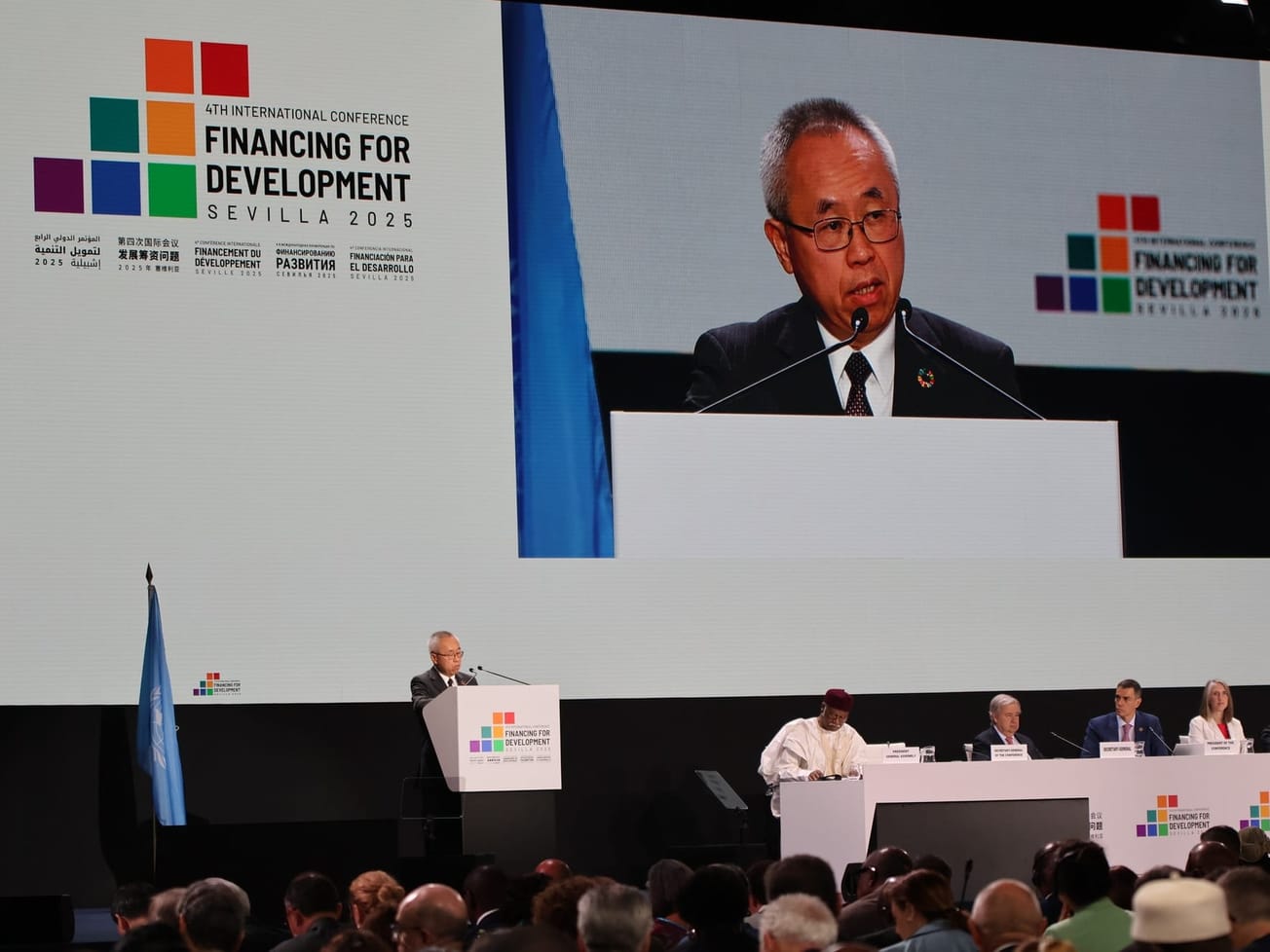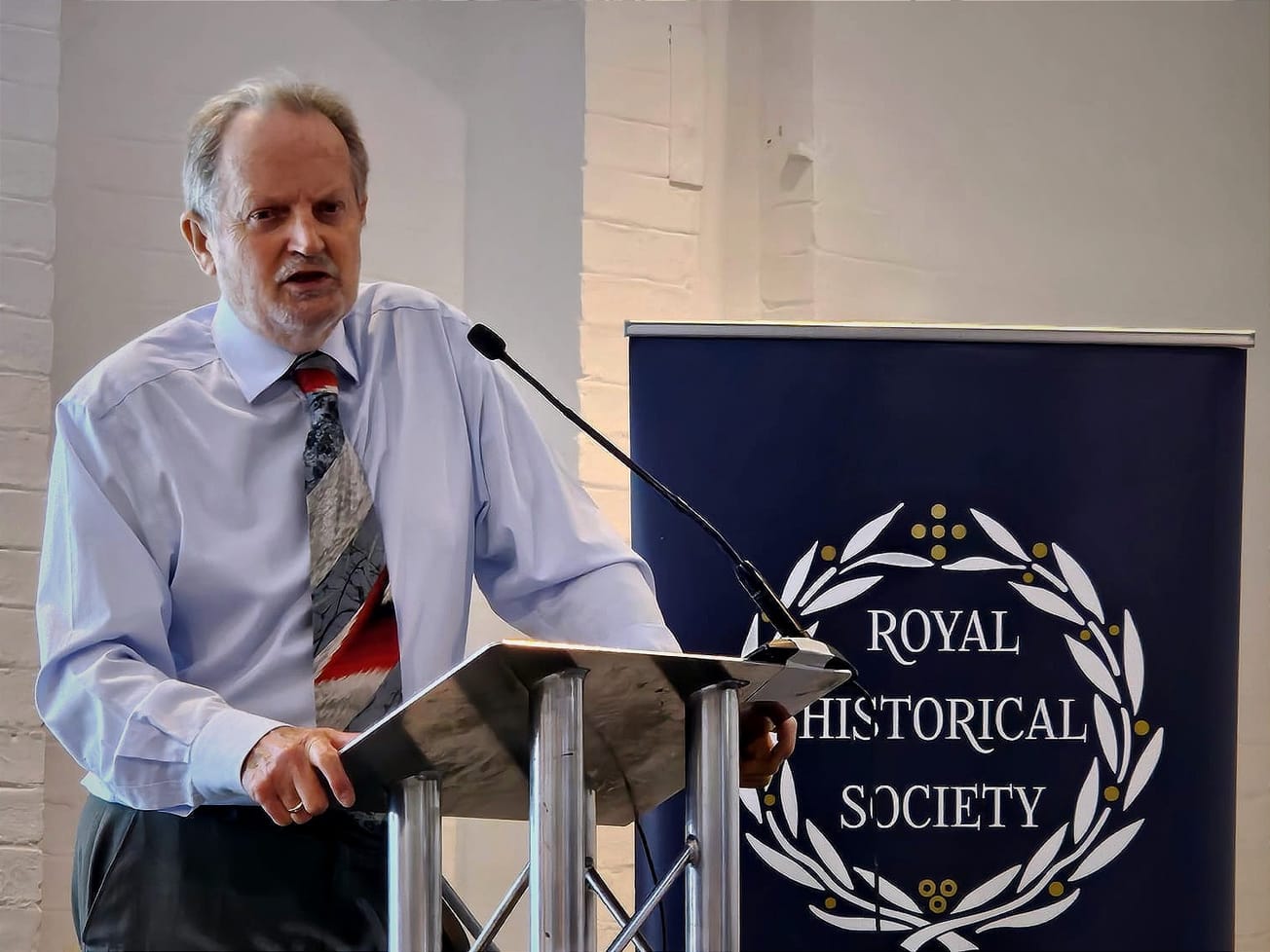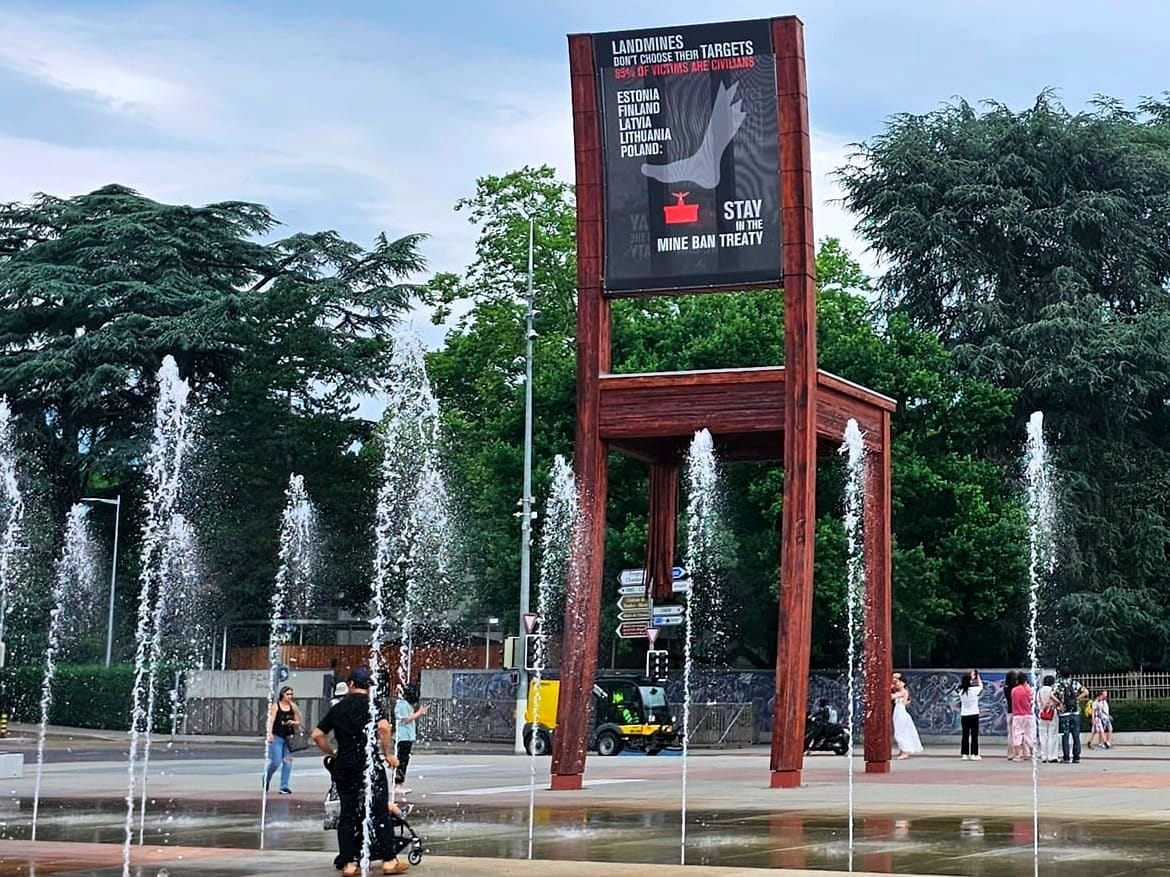GENEVA (AN) — More than half of all people reaching adulthood in the early 21st century believe it is more likely than not that a nuclear attack will occur in the coming decade, the International Committee of the Red Cross said on Thursday.
The ICRC's survey of 16,288 adults between the ages of 20 to 35 found a grim view of global affairs. Among them, 54% of respondents said they believe it is likely a nuclear attack will happen somewhere in the world over the next 10 years and 47% said they believe it is likely they will experience a third world war.


